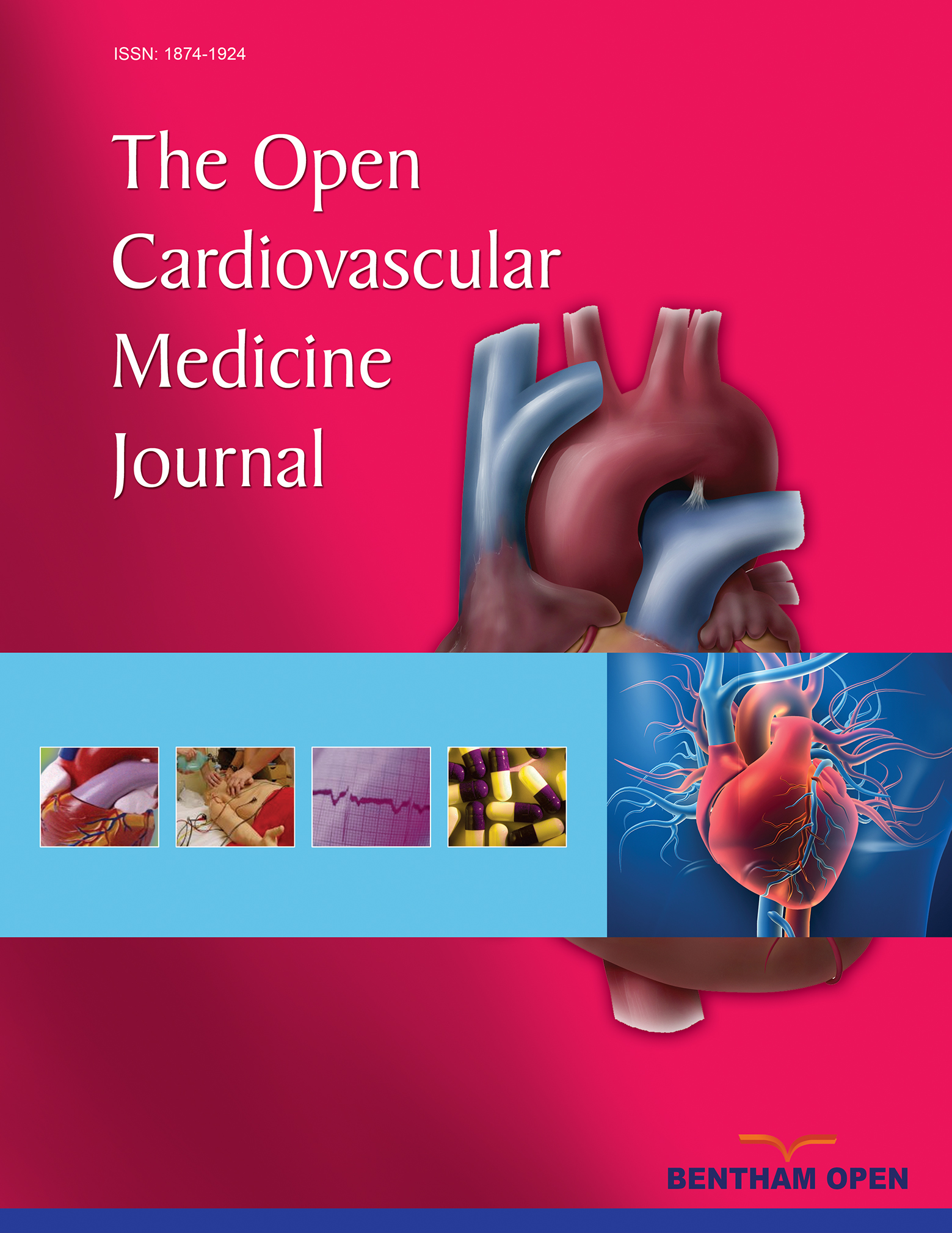All published articles of this journal are available on ScienceDirect.
Evaluating the Role of Perceived Stress on the Likelihood of Having a Non - Fatal Acute Coronary Syndrome: A Case-Control Study
Abstract
Objectives:
The aim of the current study was to evaluate the independent role of perceived stress, measured by the PSS-14, on the likelihood of having acute coronary syndrome (ACS).
Conclusion:
This is a case-control study with individual matching by age and sex. During 2010-2012, 250 consecutive patients (60±11 years, 78% men) with a first ACS and 250 population-based, control subjects (60±8.6 years, 77.6% men), were enrolled. Perceived stress levels were evaluated with the PSS-14 scale, depression status was assessed with the Zung Depression Rating Scale, anxiety status with the STAI scale and adherence to the Mediterranean diet was assessed by the MedDietScore.
Conclusion:
Higher perceived stress was associated with increased likelihood of having an ACS, after adjusting for various factors (OR=1.15, %CI 1.11, 1.18). STAI and ZUNG scale were positively associated with the likelihood of having an ACS (OR: 1.27 %CI 1.20-1.34, p<0.001 and OR: 1.49 %CI 1.36-1.63, p<0.001 respectively). Stratified analysis by sex showed a greater impact of perceived stress in men, compared with women (Wald test value 45.65 vs 18.56, respectively). When stratifying by depression levels, the effect of perceived stress on ACS was not significant among depressed individuals. When stratifying by level of anxiety, higher odds of having an ACS was found in the low anxiety group (OR: 1.129, %CI 1.047-1.218).
Conclusion:
Perceived stress appears as an independent ACS risk factor, although no causal relationship can be extracted due to the nature of the study. Early recognition and treatment of perceived stress may lead to ACS risk reduction.


